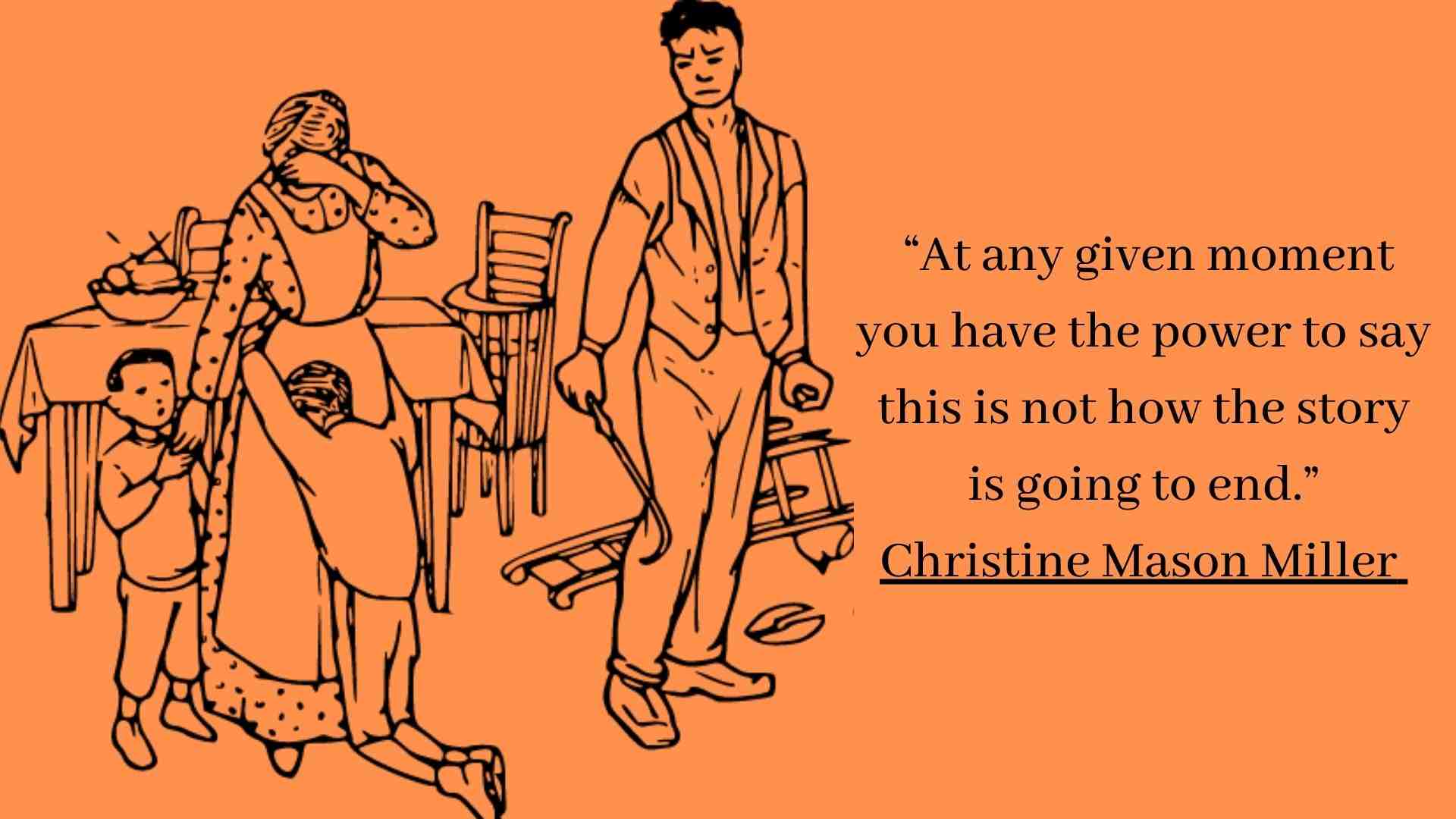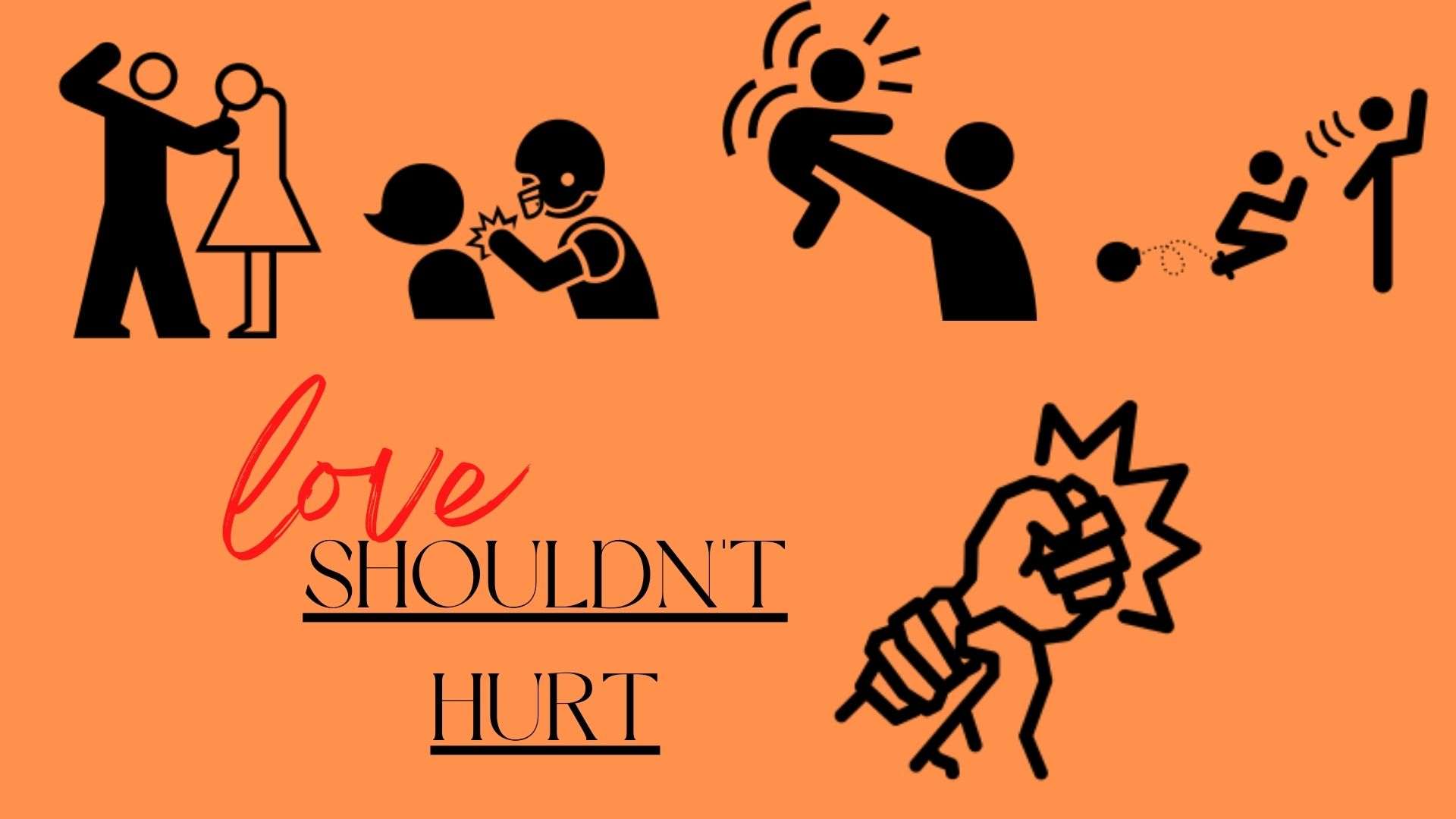
How to help children if they are facing Domestic Violence?
If your child is facing any domestic violence issues, then this page is for you. Scroll it down to get more information on this topic.
The first question is that “What is Domestic Violence”?
The answer is that it is a type of Abuse that occurs between the people having a relationship, It can be mental, Abuse, physical, and sometimes it can be sexual or emotional too. The other type of Abuse is financial Abuse too, which is popular these days. It mainly occurs between couples. The children who witnessed their parents fighting all the time are also experiencing mental Abuse, and they are becoming prone to be abused by the same adult parent too.
More Related Post:
- Parent-Child Relationship Building Activities
- A complete guide for parents to protect their children from abuse.
- Starting of the Development of Parent-Child Interaction Therapy
The different types of abuses are physical, mental and emotional, neglect, sexual, domestic, etc.
-
PHYSICAL VIOLENCE
When somebody had someone because of some morals and the violence includes fittings slapping kicking punching and shaking off.
-
MENTAL, EMOTIONAL VIOLENCE
When someone treats somebody terribly and ignores them, Criticize that person. Calling by their names and start shouting at them, threatening them, and trying to control them.
-
NEGLIGENCE
The kind of wireless in visualized child ignorance person is ignored and the hero she does not get the proper amount of love, care, and attention that they needed. Physical and sexual abuse clearly constitute maltreatment, but so does neglect, or the failure of parents or other caregivers to provide a child with needed food, clothing, and care. Children can also be emotionally abused when they are rejected, berated, or continuously isolated.
-
SEXUAL VIOLENCE
This kind of violence include a sexual touch of any part of a child’s body or forcing a child to take part in sexual activities and there being exposed to a sexual environment maybe the child is being kissed, touched, or forced to have sex and being told to do sex, to see sexy images and seeing sexual videos.
-
DOMESTIC VIOLENCE
This kind of violence mainly occurs between the people having romantic relations, once.
How to know that your child is being abused?
You need to the signs of abuse. Unexplained injuries aren’t the only signs of abuse. Depression, fear of a certain adult, difficulty trusting others or making friends, sudden changes in eating or sleeping patterns, inappropriate sexual behavior, poor hygiene, secrecy, and hostility are often signs of family problems and may indicate a child is being neglected or physically, sexually, or emotionally abused.
How to support your child from the “Abuse”?
Let’s see what to do to prevent the child, facing violence in the home where they live. Don’t worry; you can immediately help your children get out of this situation by using the guided points below.
- Get involved with other parents in your community. Help vulnerable children and their families. Start a playgroup.
- You should discipline your children but never discipline them when you are not in a good mood or upset. Talk to them when you are in a good mood by giving yourself time to calm down. Use privileges to encourage good behavior and time-outs to help your child regain control.
- Try to examine your behavior with your child because abuse is not just physical. Your words can also inflict, lasting wounds deep as actions can. Be a nurturing parent.
- You should educate yourself as well as others. It can be the best way to prevent your child from any kind of abuse. After-school activities, parent education classes, mentoring programs, and respite care are some of the many ways to keep children safe from harm.
- Make your children aware of their rights. Because many children feel like the abuse is their fault. When you taught children that they are special and have the right to be safe, by doing this they will think to report an offender.
- Family counseling is required by home visits of nurses who provide assistance for newborns and their parents.
- If you witness a child being harmed or see evidence of abuse, make a report to your state’s child protective services department or local police. When the child is talking about abuse you should listen carefully and assure the child that they did,t do any wrong thing by telling an adult and making them realize that he or she is not responsible for what happened.
Effect of Abuse on the mental health of your child:
If any of your children are experiencing any Abuse, whether it is domestic, sexual, physical, mental, etc then it can have a very drastic effect on their minds, and their mental health can be damaged too and their well-being is also get disturbed.
The most important thing that parents can do to prevent their children from being a booth is to take some crucial decisions regarding that, and they can also get help for the next step, to stop the Abuse from that person, who is abusing your child.
Some of the helping centers that can help in this matter
- NSPP (National Society for the Prevention of Cruelty to Children) is a British child protection charity.
- Refuge-Refuge is a United Kingdom charity providing specialist support for women and children experiencing domestic violence. Refuge provides a national network of specialist services, including emergency refuge accommodation, community outreach, independent domestic violence advocacy, culturally specific services, and a team of child support workers. The refuge also runs the Freephone 24-Hour National Domestic Abuse Helpline in partnership with Women’s Aid. It is the largest domestic violence organization in the United Kingdom.
- Rape crisis center– Rape crisis centers (RCCs) are community-based organizations affiliated with the anti-rape movement that work to help victims of rape, sexual abuse, and sexual violence. Central to a community’s rape response, RCCs provide a number of services, such as victim advocacy, crisis hotlines, community outreach, and education programs. In the United States, the National Sexual Assault Hotline (1-800-656-HOPE, operated by RAINN) is a partnership with over 1,100 rape crisis centers. Crisis hotlines are 24-hour, 7-day-a-week phone lines that are offered by almost every RCC. Rape survivors can call and receive crisis intervention counseling free of charge, which may entail comforting the survivor, dispelling common rape myths, explaining legal and medical options.
- Victim Support is an independent charity in England and Wales that provides specialist practical and emotional support to victims and witnesses of crime.
- Men’s Adviceline– The Men’s Advice Line is for male victims of domestic abuse. We offer confidential advice, non-judgmental support, practical information, and help.
- Stop it Now– Stop It Now! prevents the sexual abuse of children by mobilizing adults, families, and communities to take actions that protect children before they are harmed.
- NAPAC is the National Association for People Abused in Childhood that offers support to all adult survivors of any type of abuse in childhood, including physical, sexual, emotional abuse, and neglect.

Official websites of the above-given helping centers-
- National Society for the Prevention of Cruelty to Children (NAPCC)
- Refuge
- Rape crisis centers (RCCs)
- The Men’s Advice Line
- Stop it Now
- National Association for People Abused in Childhood (NAPAC)
Follow those guidelines and prevent your child from being abused every day. Conquer the fear, gather all the courage, and try to stop this Abuse in every way you can. Contact Those helping centers for more specific help in this regard. ‘Make the move’ and protect your son/daughter from this dark phase of their lives.
